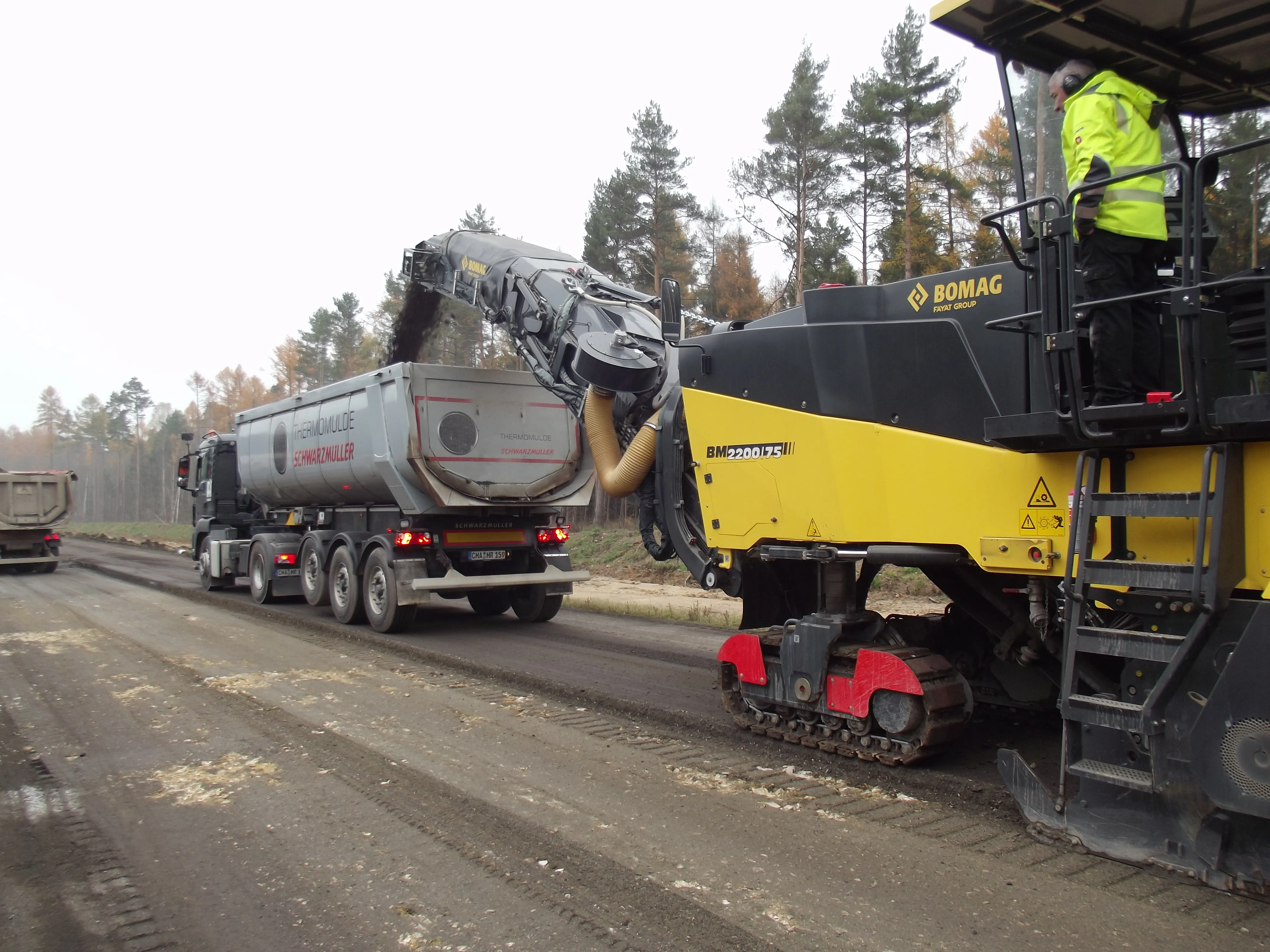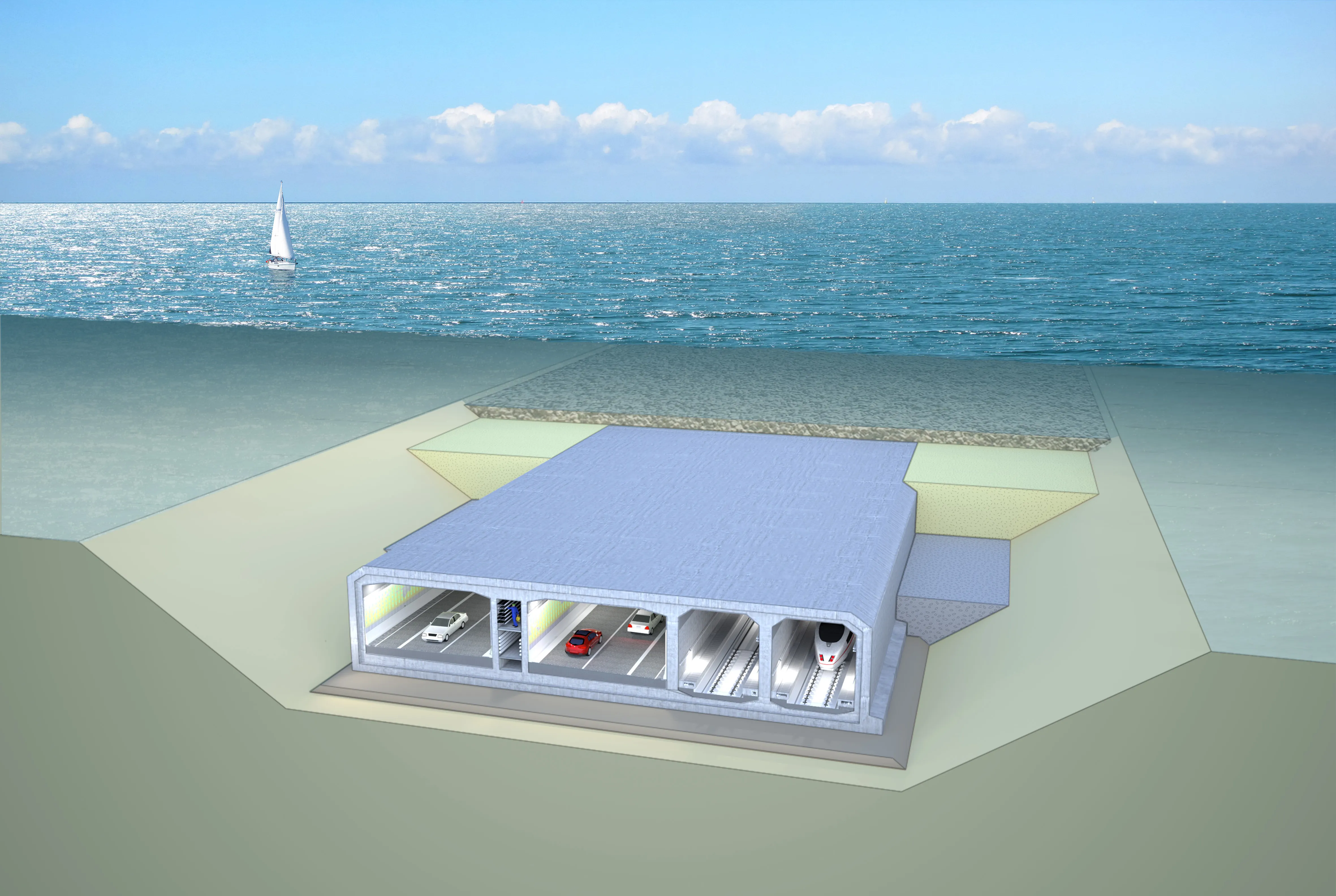India-based cement, textiles and chemicals firm Grasim Industries (Aditya Birla Group) saw its year-on-year income rise 12.72% to INR 19.09 trillion (US$257.9bn) in the 1 April to 30 June 2019 period.
The company achieved a consolidated net profit of INR 17.86bn ($249.43mn) , up by 27.86%. UltraTech, Grasim Industries’ cement subsidiary, contributed INR 10.18tn ($143.15bn) in revenues, up by 14.35%.
A Scheme of Arrangement amongst Century Textiles and Industries Limited (Century), UltraTech and their respective shareholders and creditors has been approved by the National Company Law Tribunal and likely to become effective in Q2 financial year 2020/21 upon receipt of remaining regulatory approvals.
Post completion of this acquisition and with the on-going capacity expansions, UltraTech’s cement manufacturing capacity will stand at 117.35 million tonnes per year, inclusive of overseas operations.
A Grasim Industries’ statement accompanying the company’s trading results said that cement demand growth is expected to be in line with GDP growth. “The key long-term demand drivers are the (Indian) government’s pro-growth stance and thrust on infrastructure development, increased plan outlay for social housing program in phase -2 and pick up in rural/urban housing demand with reduction in the interest rates,” the statement summarised.
Grasim Industries of India welcomes income rise
India-based cement, textiles and chemicals firm Grasim Industries (Aditya Birla Group) saw its year-on-year income rise 12.72% to INR 19.09 trillion (US$257.9bn) in the 1 April to 30 June 2019 period.
The company achieved a consolidated net profit of INR 17.86bn ($249.43mn) , up by 27.86%. UltraTech, Grasim Industries’ cement subsidiary, contributed INR 10.18tn ($143.15bn) in revenues, up by 14.35%.
A Scheme of Arrangement amongst Century Textiles and Industries Limited (Century), UltraTech and their
August 16, 2019
Read time: 2 mins








